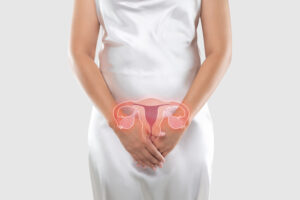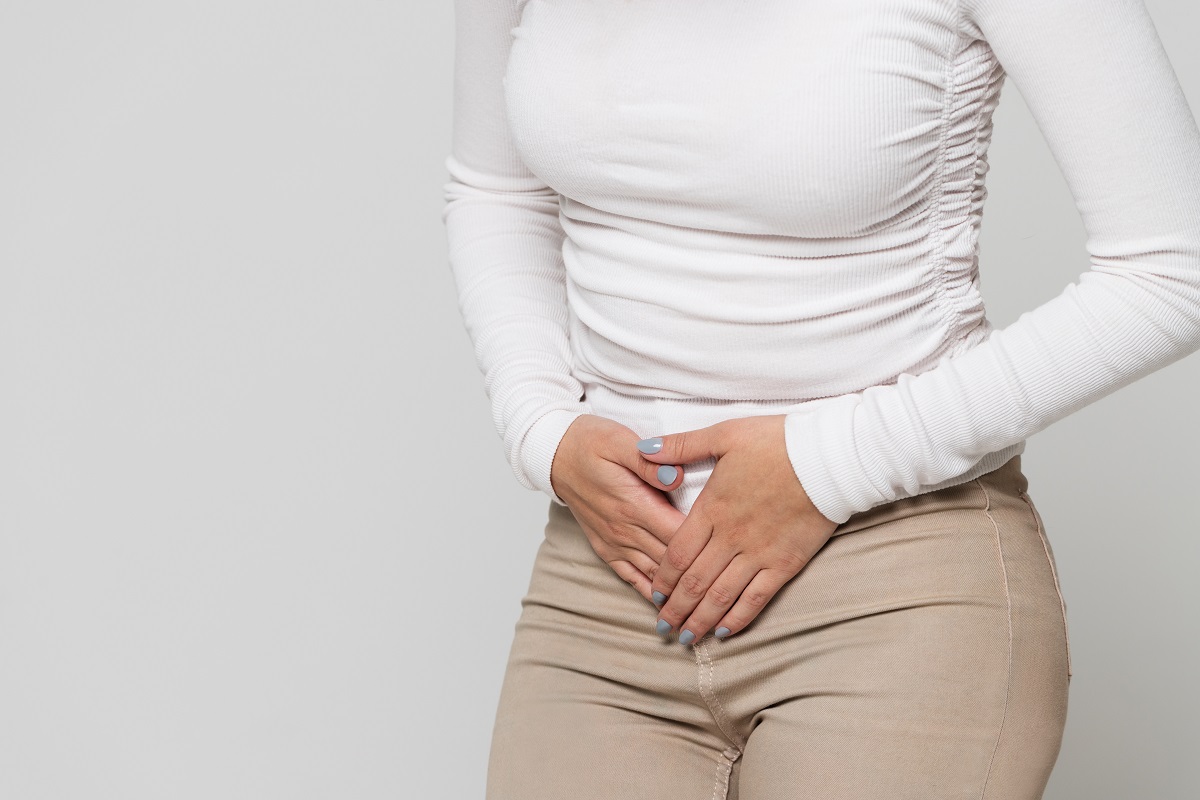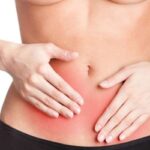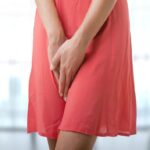It is a condition where the vaginal mucosa is not moisturized enough. It occurs due to hormonal changes, aging, breastfeeding or some medications. vaginal dryness, It can present with symptoms such as discomfort, itching, and burning during intercourse. Treatment options include vaginal moisturizers, hormone therapy, and lifestyle changes. It is important to see a gynecologist because it can affect a woman's quality of life.
What Are the Symptoms of Vaginal Dryness?

Decreased vaginal moisture may increase susceptibility to urinary tract infections. Vaginal dryness There may be extreme sensitivity in and around the vagina due to this condition. These symptoms can usually occur during menopause, the postpartum period or hormonal changes. If left untreated, it can negatively affect quality of life.
What Causes Vaginal Dryness?
Menopause, postpartum period, breastfeeding can cause. Antidepressants, antihistamines can cause by reducing the production of fluid in the body. Stress can affect the general health of the body. By disrupting the hormonal balance vaginal dryness Products such as scented soaps, perfumed pads, and vaginal douches can irritate the vaginal tissue.
Autoimmune diseases such as Sjögren's syndrome can affect the body's overall fluid production and cause it to dry out. Smoking can negatively affect blood circulation, causing vaginal tissue to dry out. Excessive alcohol consumption can also cause fluid loss. Sexually transmitted diseases cause irritation to the vaginal tissue.
How Is Vaginal Dryness Diagnosed?
The doctor evaluates factors such as the patient's health status, hormone levels, medications used, and menopause status. During a gynecological examination, the vaginal moisture status and signs of dryness are observed. If hormonal imbalances are suspected, blood tests may be performed.
Estrogen levels provide important clues to determine hormonal causes of dryness. Vaginal fluid samples can be taken to determine pH levels and the presence of vaginal infections. These diagnostic methods vaginal dryness helps determine the cause. It allows the selection of the appropriate treatment method.
What are the Treatment Methods for Vaginal Dryness?

Vaginal estrogen creams, gels or rings can help by increasing estrogen levels. Some prescription medications can target dryness and regenerate vaginal tissue, such as vaginal estrogen tablets and pessaries. Drinking plenty of water, quitting smoking and eating a balanced diet can all help your overall health. Vaginal dryness can help reduce the problem. Laser treatments that renew vaginal tissues and stimulate moisture production have also become popular. When choosing a treatment method, it is important to determine the most appropriate option by consulting a specialist doctor.






